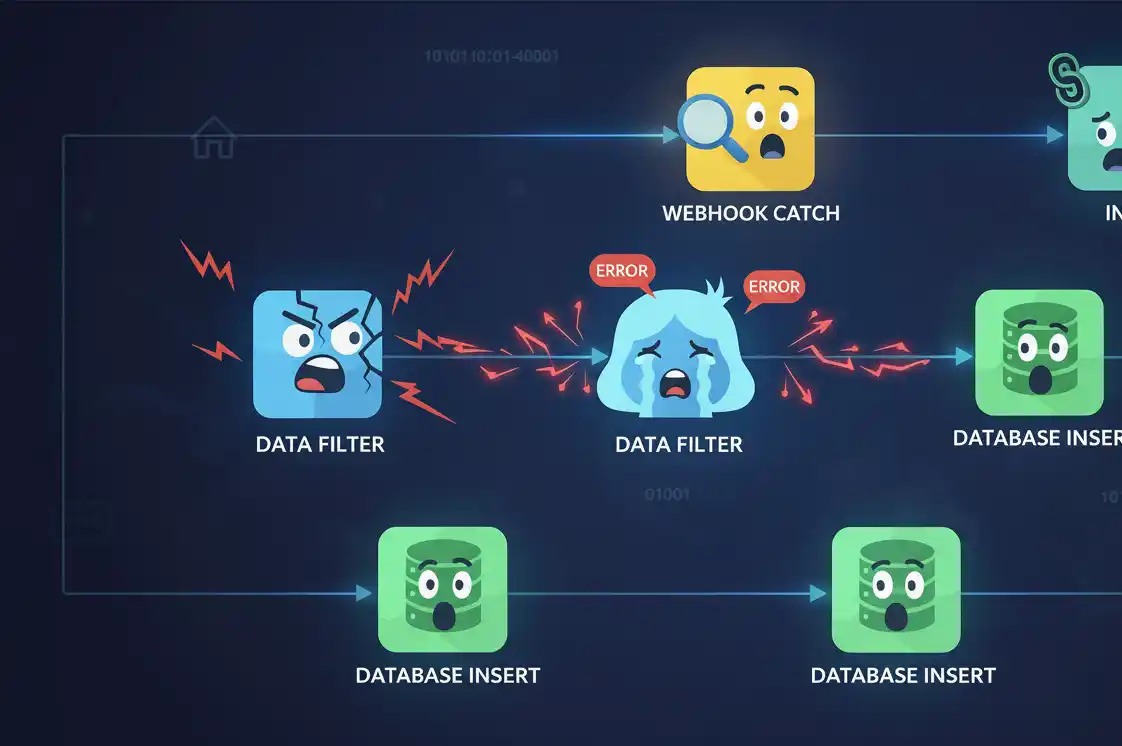You get hurt by her and she by you.
Looking for who's to blame, and it hurts both of you.

There's nothing wrong with you.
And nothing wrong with her either.
The difficulty arises from the meeting of certain parts of both of you.
A certain part of you with a certain part of her.
Both of these parts are prone to get hurt hurt,
And need compassion and healing.
When you both understand this,
When you both internalize this,
The relationship can be supportive and pleasant.
Until then—there will be drama.
For the Technical Mind
Think of it like this: It's not a bug in your code or hers. It's an integration issue between two complex systems. The conflict emerges from the interaction pattern, not from either system being "broken."
The solution isn't to fix or debug each other, but explain your code and your API so that the other can understand you better and relate in a way that actually works.
This understanding changes everything. Instead of endless cycles of blame and defense, you can finally see what's really happening: two wounded parts trying to protect themselves while yearning for connection.
Want to explore another perspective on understanding the "other side" in relationships? Read: The Gift in the Other Side's Perspective - it shows how receiving different viewpoints can transform conflict into growth.
Questions Engineers Often Ask
Why can't relationships be logical?
Relationships involve two complex emotional systems interacting in real-time. Unlike code, emotions don't follow IF-THEN logic. They're more like neural networks—pattern-based, context-dependent, and constantly learning. The key is not to eliminate emotion but to understand its patterns.
How do I stop trying to "fix" my partner?
Recognize that your partner isn't broken code needing debugging. They're a complete system with their own valid logic. When you feel the urge to fix, pause and ask: "Am I trying to solve a problem, or am I uncomfortable with their emotions?" Often, they just need you to listen, not optimize.
What if I'm not good with emotions?
You don't need to be "good" with emotions. You need to be present with them. Think of emotions as data streams - you don't have to process them perfectly, just acknowledge they exist and have valuable information. Your analytical mind can actually be an asset when you use it to deeply understand them rather than solve problems.
